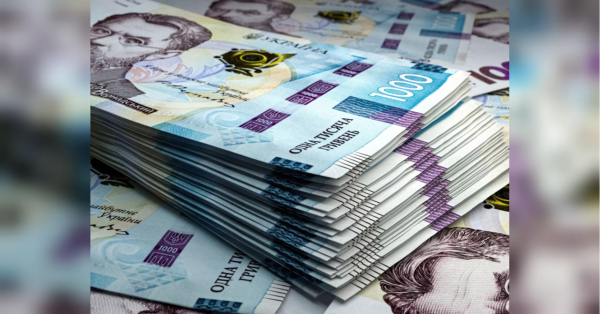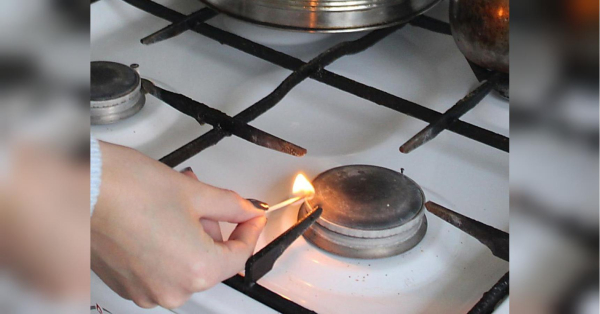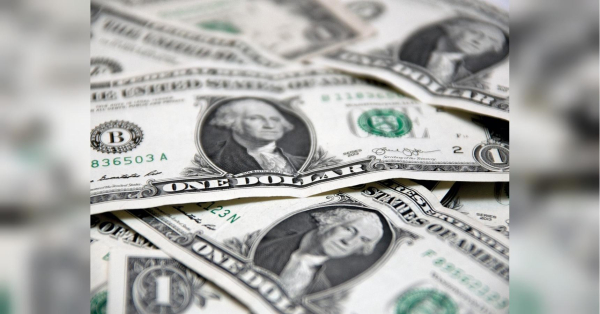
Despite Norway consistently ranking at the top of various well-being ratings and maintaining some of the world’s highest living standards, half of Norwegians believe the nation’s prized welfare system is unsustainable.
A total of 51 percent of Norwegians appear to be losing faith in the welfare state, and predict that public services are bound to worsen in the years to come, a new survey by pollster Opinion for the employers’ organization Spekter has revealed.
By contrast, only 10 percent believe they will actually enjoy better publicly-funded services than they enjoy today.
Roughly a third of the respondents, 32 percent, argued that future generations will be able to partake of the same “cradle to grave” welfare as today.
Furthermore, the survey also showed that 71 percent of Norwegians believed economic differences among citizens will increase over the next 20 years, with only 3 percent of the respondents holding the opposite idea.
The survey came after both the Norwegian center-right government coalition and Norway’s Central Bank warned of tougher times ahead, once the oil boom concludes. Although the Norwegian economy was fast to recover from the 2014 dip in international oil prices, the current growth in taxes was ventured to be potentially insufficient to sustain the country’s generous welfare services, which range from sick leaves to free university education.
According to Spekter’s managing director Anne-Kari Bratten, such pessimistic moods may be dangerous for Norway’s welfare model, which she called “fragile.” According to her, a switch to private services presents a more dangerous challenge than long lines for kindergartens or hospitals.
“People will go on to procure their welfare services, such as healthcare and elderly care) privately. Therefore, we’ll get a two-way healthcare system and a two-way education system,” Anne-Kari Bratten said, as quoted by the daily newspaper Dagsavisen.
While all the Scandinavian countries are renowned for traditionally having sky-high taxes on both individuals and companies, Bratten argued that there actually is a limit “to how high taxes can rise,” even in Norway. According to Bratten, the emergence of people who prefer private services and opt out of public service for their own advantage would be an “unhealthy” development.
According to Bratten, the state government and municipalities will have to amend their priorities for the welfare state to remain afloat.
“We can’t allow ourselves huge transport projects that won’t be economically viable, and we must look at how productivity in the public sector may be increased. Last but not least, we need to create well-paying jobs,” Bratten said, alluding to the Norwegian government’s plans to invest a mind-blowing NOK 1,000 billion ($130 billion) in various infrastructure projects in the coming 12 years.
Lastly, Bratten condemned Norway’s underground economy, which is fueled by tax avoidance, the exploitation of foreign migrant workers and, not least, Norway’s own high-ranking professionals concealing an unregistered trade in goods and services. This, according to Bratten, amounts to hundreds of billions of kroner.
A total of 27 percent of the respondents admitted to having purchased goods or services from the black market, whereas another 61 percent said they knew other people who did so.
Sourse: sputniknews.com






